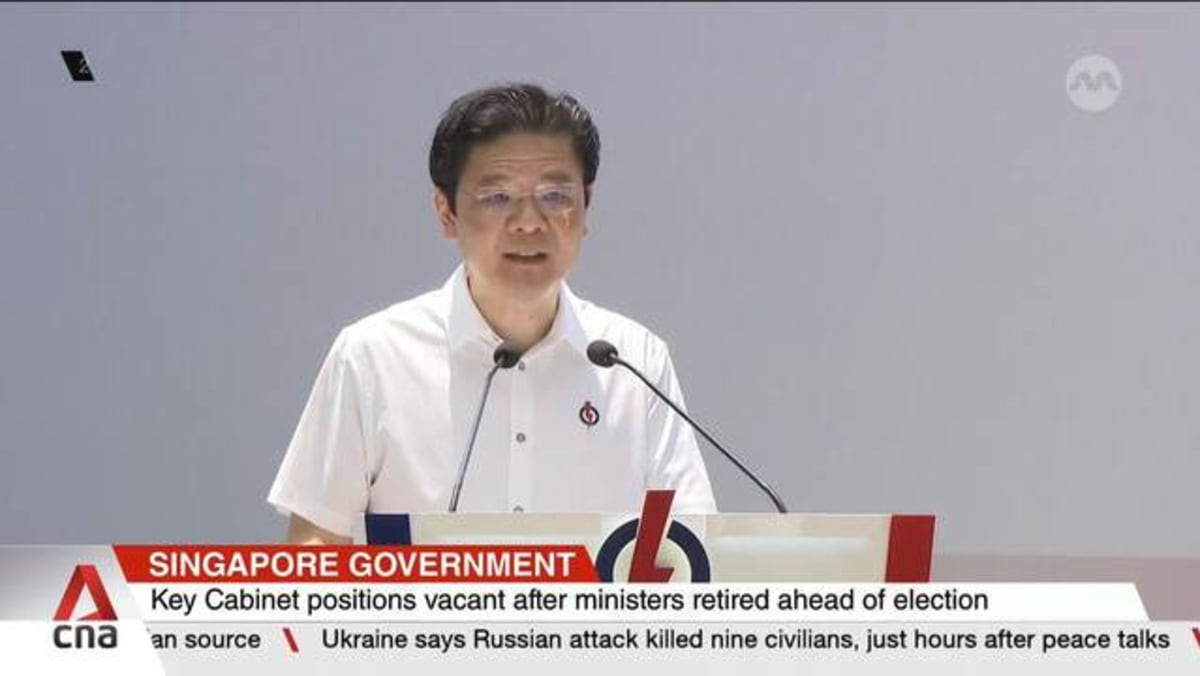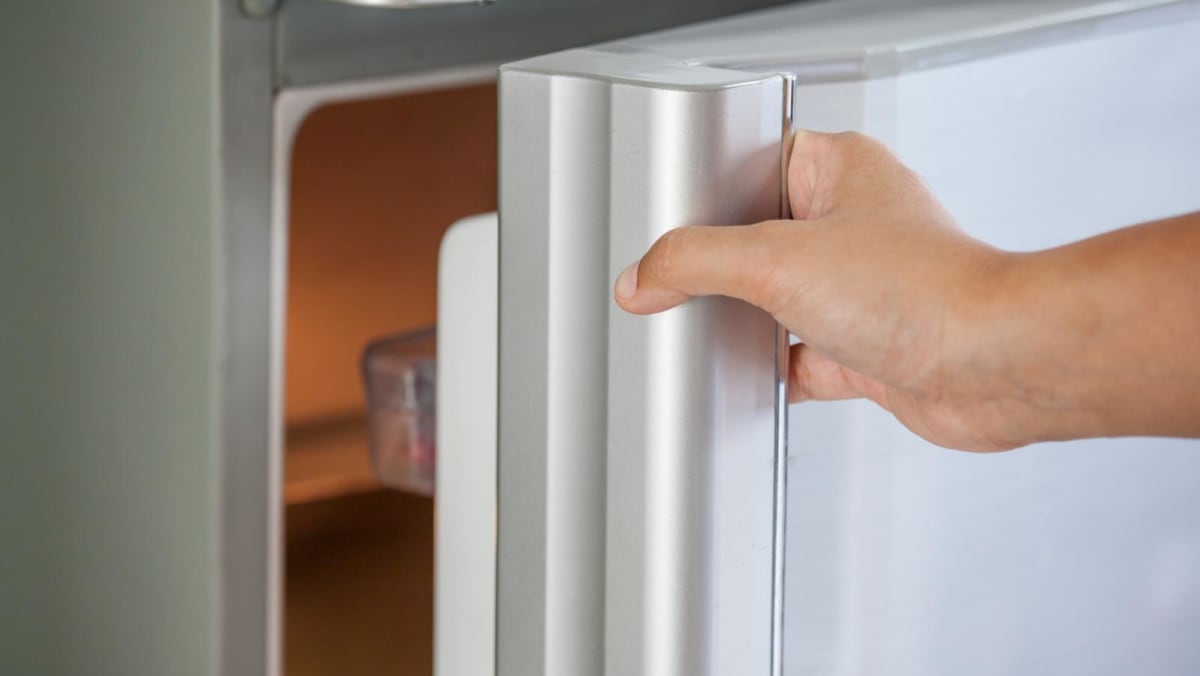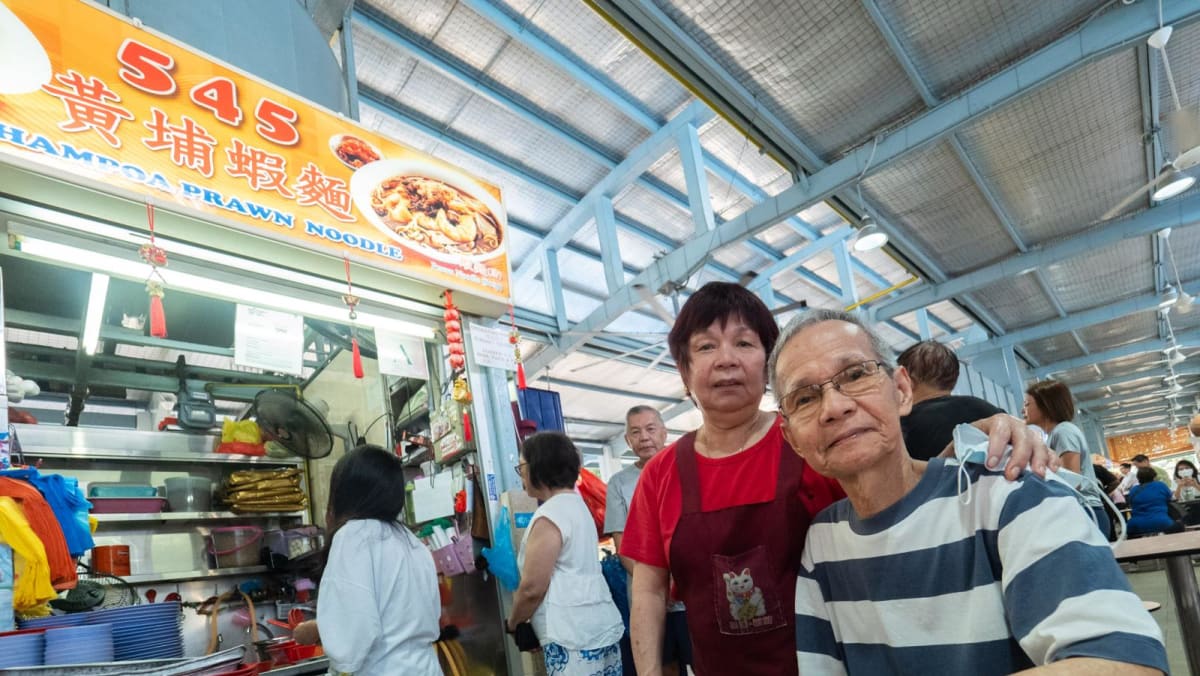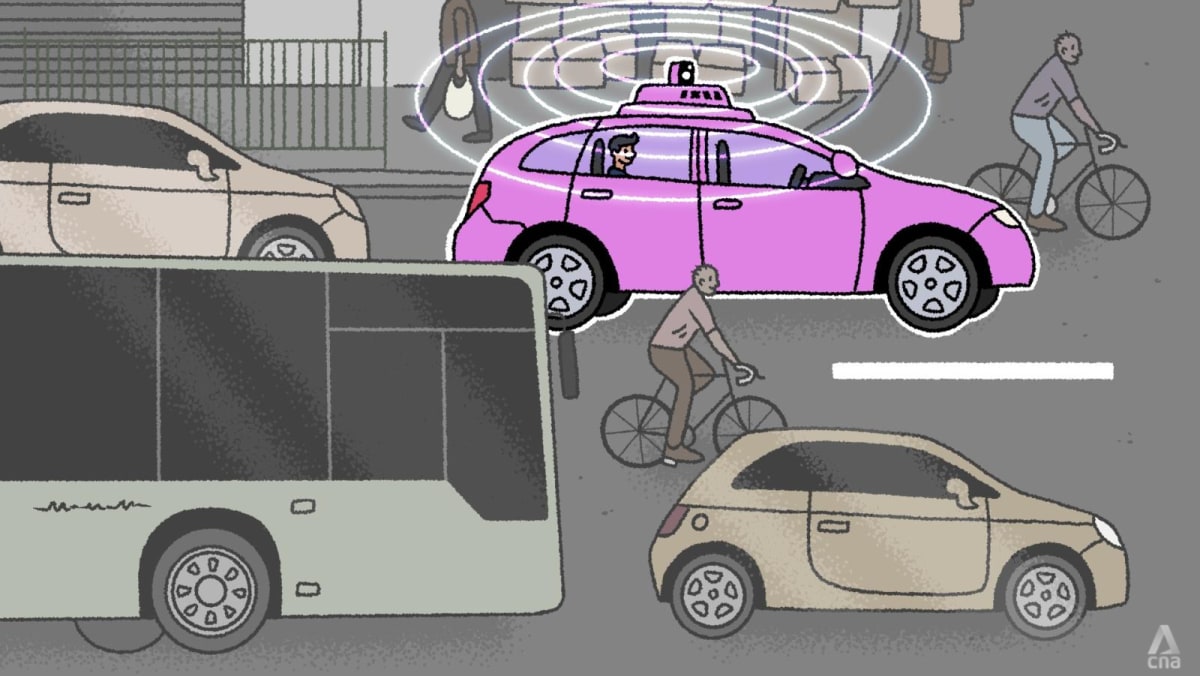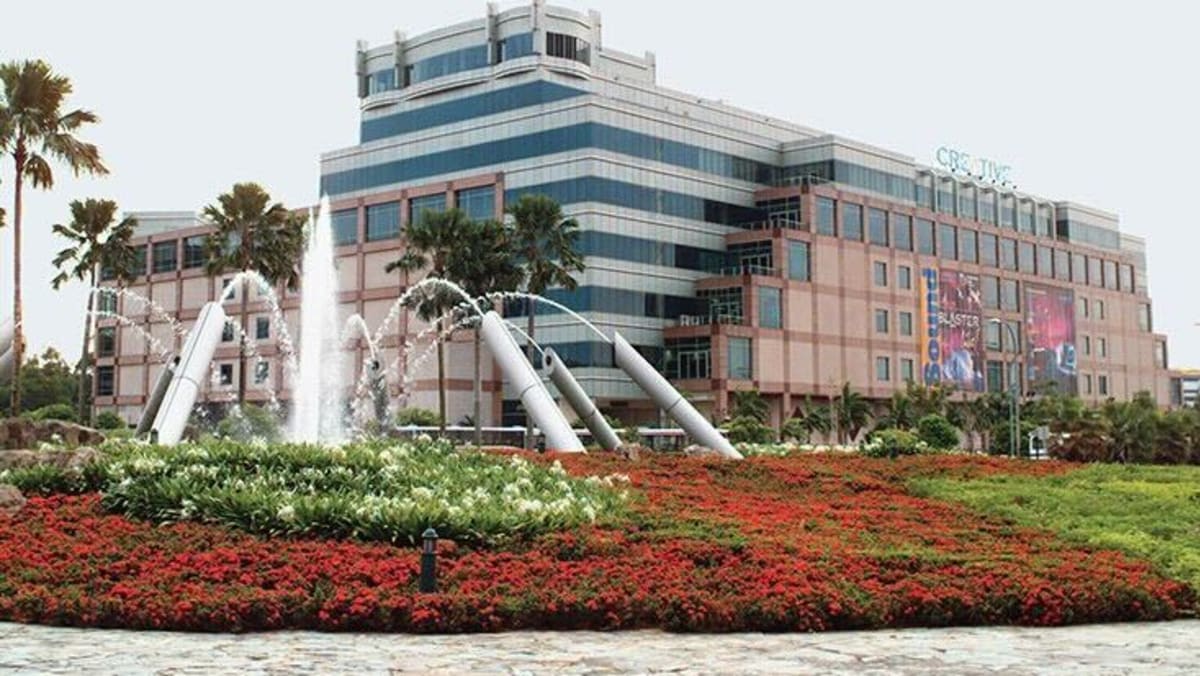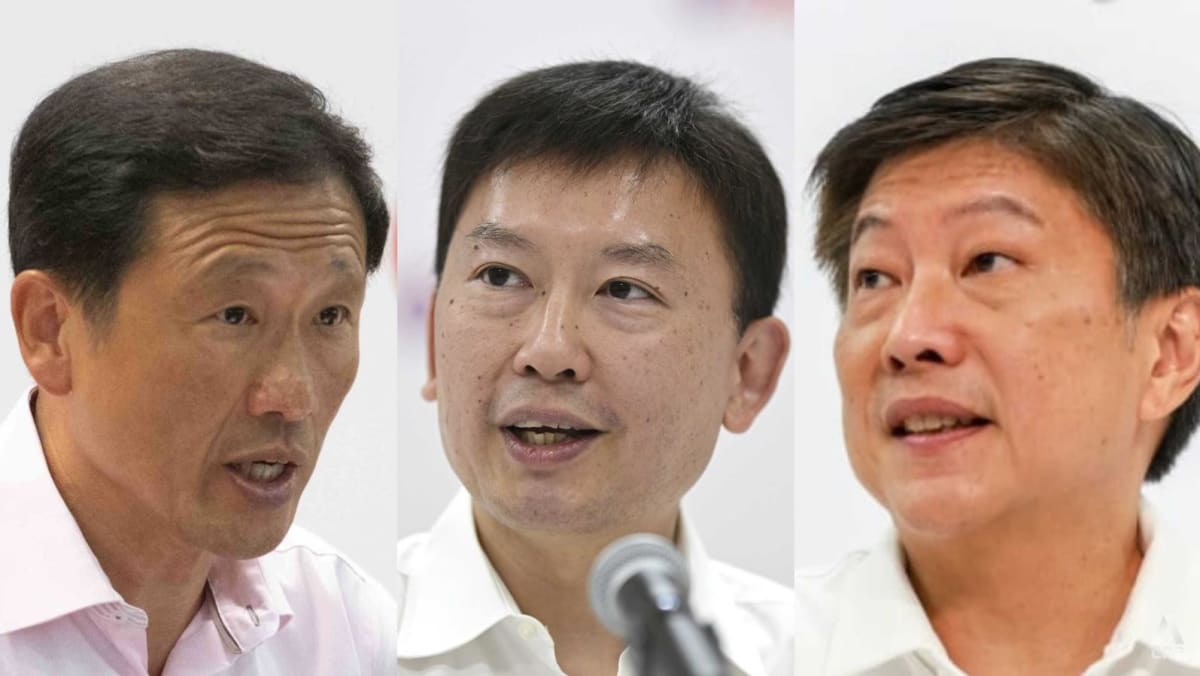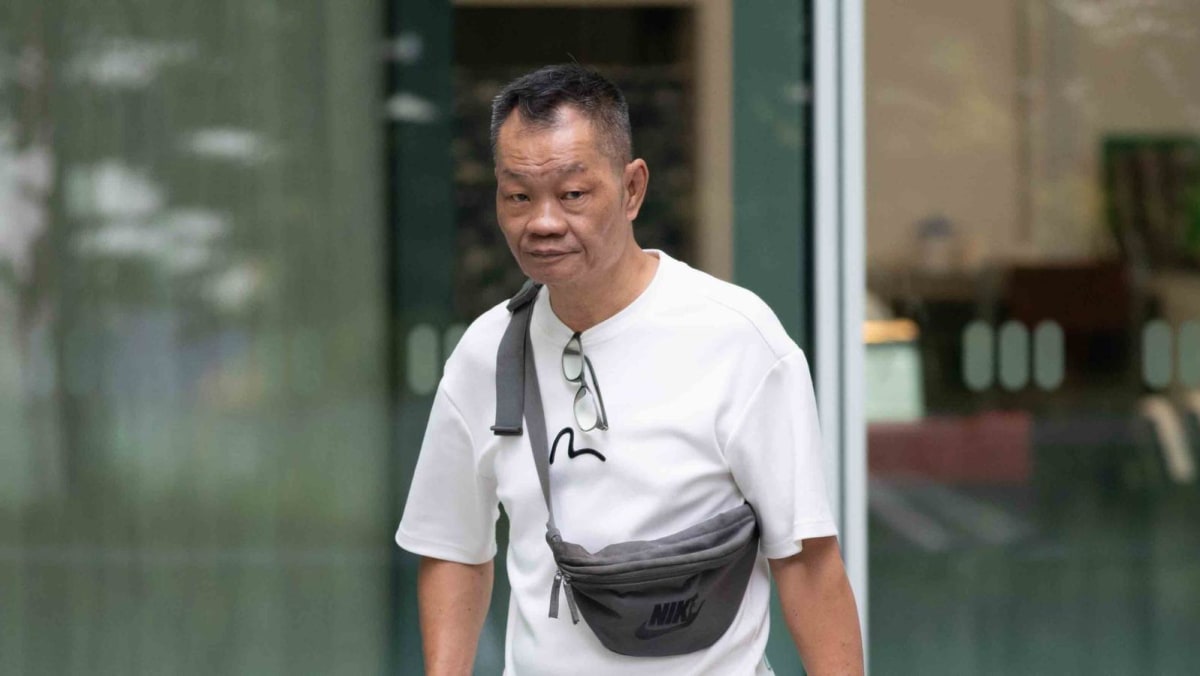The vouchers are part of the Climate Friendly Households Programme, which was expanded to all HDB flats last year.
They come in a mix of denominations – S$2, S$5, S$10 and S$50 and can be used to buy 10 types of energy- and water-efficient household products.
The Climate Vouchers are valid until Dec 31, 2027, and can be used at over 150 participating retailers with more than 500 outlets to purchase energy- and water-efficient household products.
With this latest expansion to include private households, the programme will cover around 90 per cent of households in Singapore, said the National Environment Agency (NEA), national water agency PUB and the Ministry of Sustainability and the Environment (MSE) in a media release.
TACKLING EMISSIONS AND CLIMATE RISKS
In his speech, Mr Wong also shared how authorities will “accelerate” efforts to decarbonise the transport sector, which accounts for about 15 per cent of Singapore’s total emissions today.
He said that Singapore is making “good progress” towards the previously-stated target of having 100 per cent cleaner energy vehicles by 2040, and pointed out that in 2024, around a third of all new cars registered were Electric Vehicles and almost half were hybrid vehicles.
However, adoption of clean energy variants of heavy vehicles has been slower, said Mr Wong.
As such, the government will introduce a new Heavy Vehicle Zero Emissions Scheme and an Electric Heavy Vehicle Charger Grant. These schemes will provide incentives for the purchase of clean heavy vehicles and co-funding of the charging infrastructure, he said.
The Ministry of Transport will share more details on the schemes during the Committee of Supply debate.
Mr Wong also announced that authorities will be introducing the Additional Flat Component (AFC) of road tax for electric heavy goods vehicles and buses.
The AFC will be set at S$250 per year for electric heavy goods vehicles, and $190 and $550 per year for electric minibuses and large buses, respectively. It will be phased in over three years starting January next year and fully implemented by January 2028.

